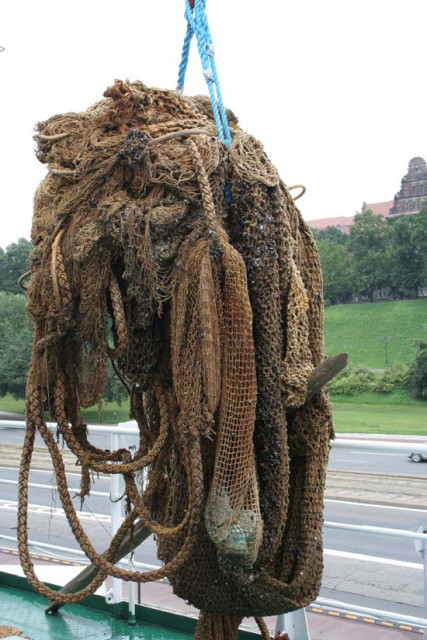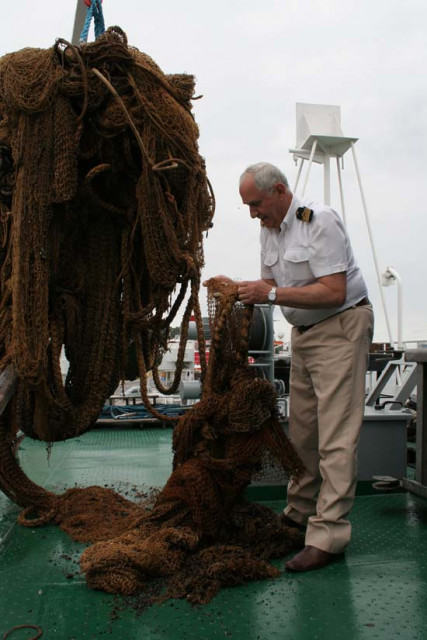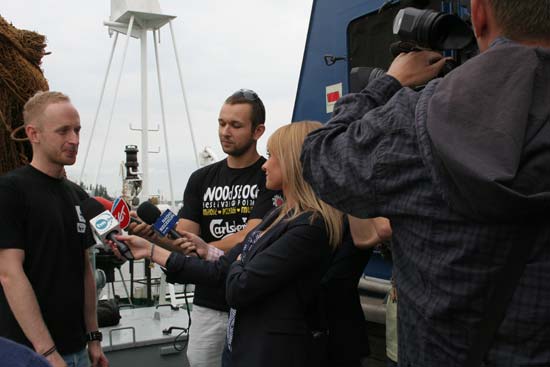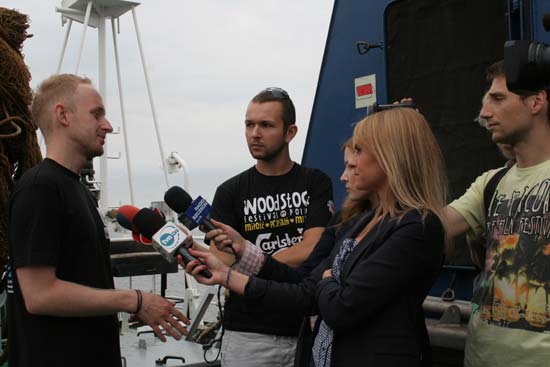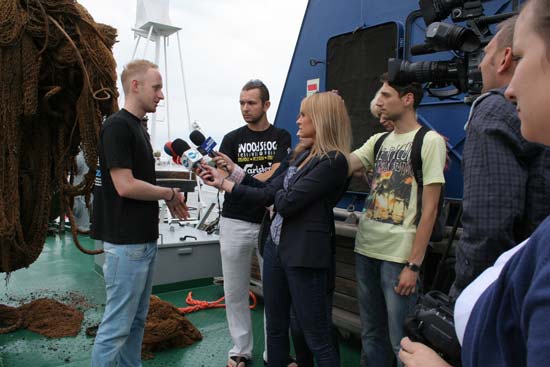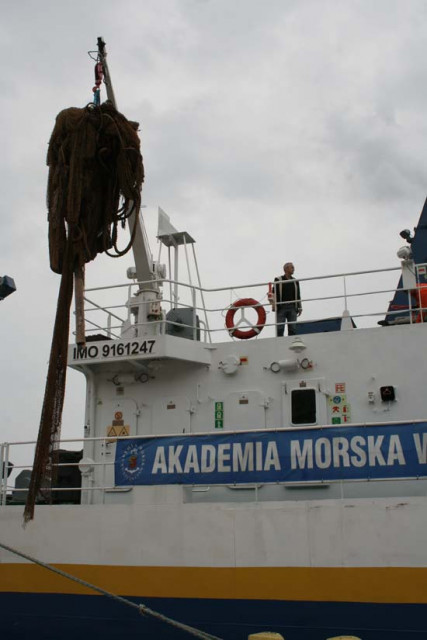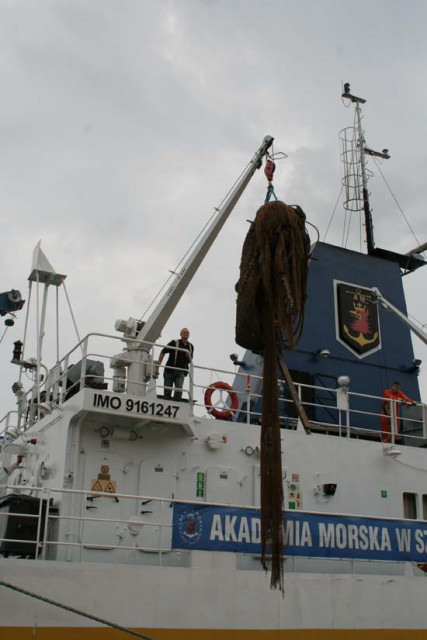More than 1100 kg nets lost by fishermen called ghost nets, were removed from the wreck of m/s Memel as a result of the action carried out by WWF Poland in cooperation with the Maritime University of Szczecin as well as the fishermen and divers.
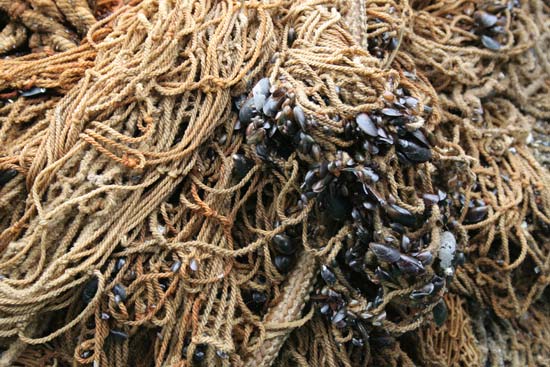
As is apparent from the spectrum of research, the nets continue to fish, although they are not used as intended, and their capacity ranges from 20% of working capacity in the first three months after the loss to 6% after 27 months.
Our activities use two methods - says Piotr Predki, WWF Poland. - Engaged in the design fishermen scour the bottom of the Baltic Sea locations selected by experts in advance to fish-out nets littering the bottom of the sea. In addition, divers clean the wrecks of ships, which have become a kind of net warehouses.
The m/s Memel whose wreck was purified, sank during World War II. Today The ship rests on the bottom of the Pomeranian Bay. Earlier findings showed that the ship has become one of the places where ghost nets got cumulated. As a result of the cleaning from the wreckage was removed 1100 kg of nets.
On the basis of the pilot project carried out in 2011, it was estimated that the shipwrecks in the Polish territorial waters may be retained from 150 to 450 tons of old, lost fishing nets. Part of them was lost due to the tap, the other hit the wrecks of the sea carried down the stream. These are both towed and thinner set nets.
On the basis of the observations carried out, we can conclude that the wreck lying on the towed nets pose no threat to fish - adds Predki - they are a kind of fish hiding place. However, they constitute a mortal threat to marine mammals and divers penetrating wrecks. For fish are much more dangerous gill nets raised by ocean currents or by bait fishermen, they recover their ability to catch. Therefore, it is these nets that we focus our actions on.
Action carried out from 30 July to 2 August from board of the ship Navigator XXI Maritime University is one of the four designed to purify shipwrecks. In Poland, apart from Memel is to be cleaned yet another wreck - selected on the basis of inspections carried out by using the underwater robot ROV. The other two wrecks will be treated in Lithuania.
As part of the WWF Poland, Lithuanian Fund for Nature Conservation and the Baltic Sea 2020 project is planned to remove a total of 20 tons of nets. However, this is a drop in the ocean. Conducted a pilot project estimates indicate that on the same shipwrecks in the Polish economic zone may be retained up to 450 tons of the nets. In addition, each year in the Baltic Sea is lost 10 000 cod mesh. Therefore, WWF Poland plans to continue the campaign in Poland and other Baltic countries in the future.
Unloading of the removed ghost nets took place on 3 August, Friday, in Szczecin, ul. John z Kolna, at the foot of Waly Chrobrego, at 11 o’clock supervised by WWF expert, Piotr Predki, and representatives of the Maritime University of Szczecin.
Więcej informacji:
Piotr Prędki, WWF Polska, tel. 608633319.
Katarzyna Opalińska, Rzecznik Prasowy Akademii Morskiej w Szczecinie, tel. 914809399; 693373358

